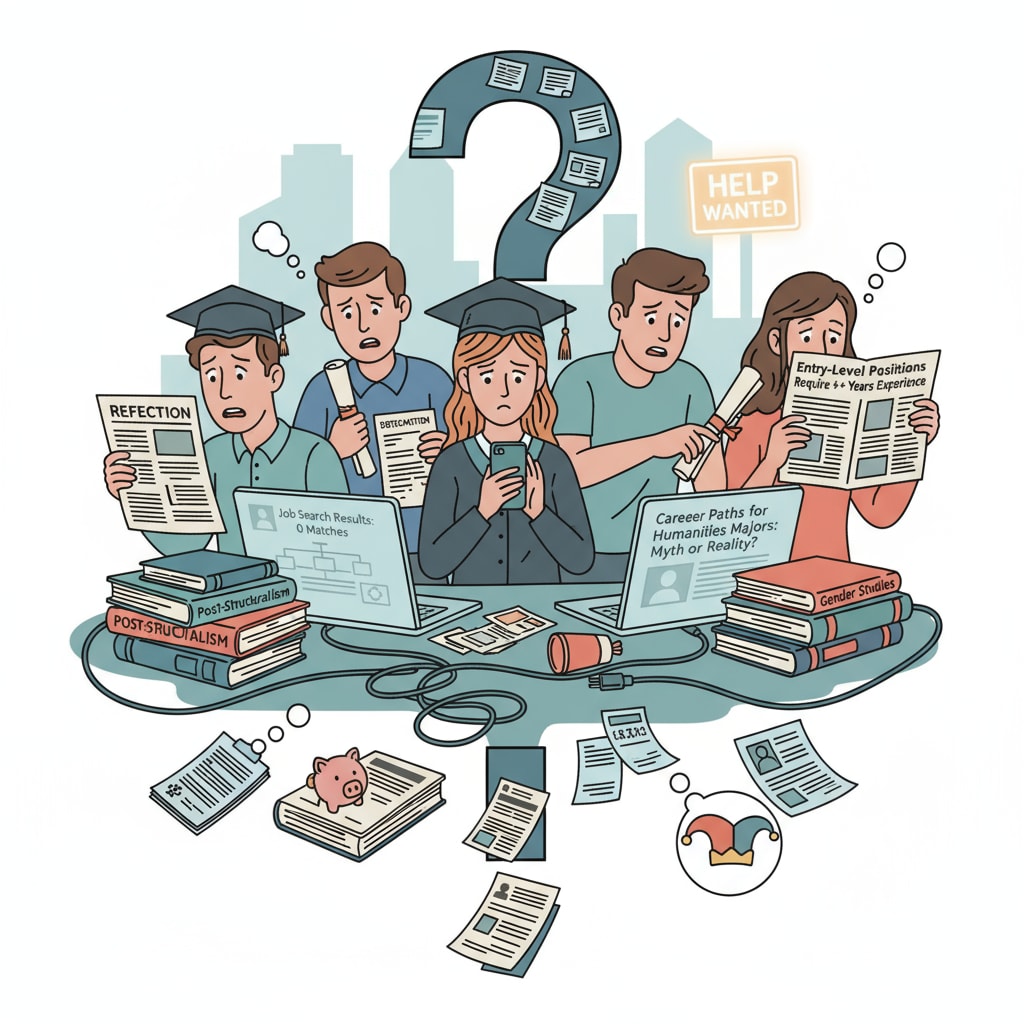Liberal arts education, employment dilemmas, and career planning are crucial aspects for graduates in today’s competitive job market. Liberal arts graduates often find themselves at a crossroads, facing unique challenges in the employment landscape. The skills acquired through liberal arts education, while valuable in many ways, sometimes struggle to align directly with the specific demands of the modern workplace.
The Mismatch between Liberal Arts Education and Workplace Needs
The liberal arts curriculum typically emphasizes a broad range of knowledge, including humanities, social sciences, and natural sciences. This well-rounded education aims to develop critical thinking, communication, and problem-solving skills. However, in the job market, employers often seek candidates with specialized technical skills and industry-specific knowledge. For example, in the technology-driven sectors, there is a high demand for skills like programming, data analysis, and digital marketing. Liberal arts graduates may lack these in-demand technical skills, putting them at a disadvantage. According to Britannica, the traditional liberal arts education model has faced increasing scrutiny in recent years for its perceived disconnect from the practical needs of the job market.

Strengths of Liberal Arts Graduates
Despite the challenges, liberal arts graduates possess several valuable strengths. Their strong communication skills enable them to express ideas clearly and effectively, both verbally and in writing. They also have excellent critical thinking abilities, which allow them to analyze complex issues from multiple perspectives. Additionally, their broad-based knowledge gives them a greater understanding of human behavior and different cultures. These soft skills are highly sought after in many industries, including education. As stated on Wikipedia, liberal arts education fosters qualities that are essential for a successful career in various fields.

One area where liberal arts graduates can find promising career opportunities is in the K12 education sector. The K12 system values the ability to engage students, teach complex concepts in an accessible way, and foster a well-rounded learning environment. Liberal arts graduates, with their strong communication and critical thinking skills, are well-suited to these roles. They can inspire students to explore different subjects, develop a love for learning, and think independently.
Readability guidance: By highlighting the strengths and potential career paths of liberal arts graduates, we can see that with proper career planning, they can overcome employment dilemmas. The K12 education field offers a viable option for them to utilize their skills and make a meaningful impact. Through strategic career transitions, liberal arts graduates can turn their liberal arts education into a valuable asset in the job market.


